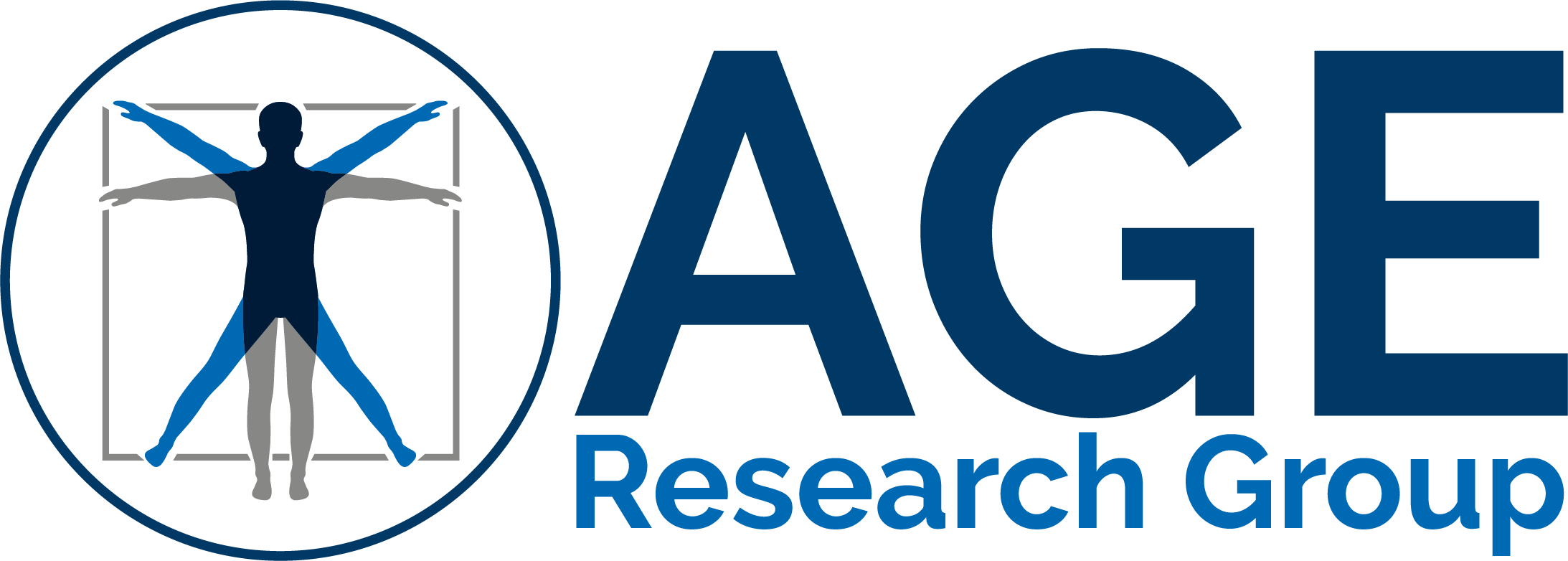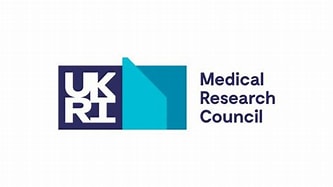News
A Seaside Celebration of our Research Participants
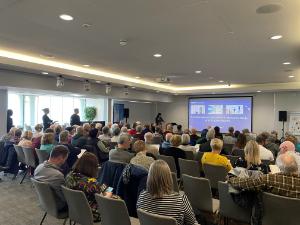
Even the grey March skies couldn’t dampen the mood as we gathered with over 70 of our research participants, guests and colleagues at the iconic Spanish City on Whitley Bay seafront on Thursday 7 March.
We were there to celebrate the last 5 years of our Muscle Ageing Sarcopenia Study (MASS_Lifecourse), thank our participants for their involvement, and share exciting plans to continue and expand this work over the coming years.
The event was opened by Professor Avan Aihie Sayer; Chief Investigator of the Study, AGE Research Group Lead, and Director of the NIHR Newcastle Biomedical Research Centre. Participants then heard talks from 6 other members of the study team giving an overview of progress so far in the study, what we have learnt, and our future plans. Audience members made full use of the Q&A session with the study team, asking insightful and important questions which in turn stimulated further interesting discussions.
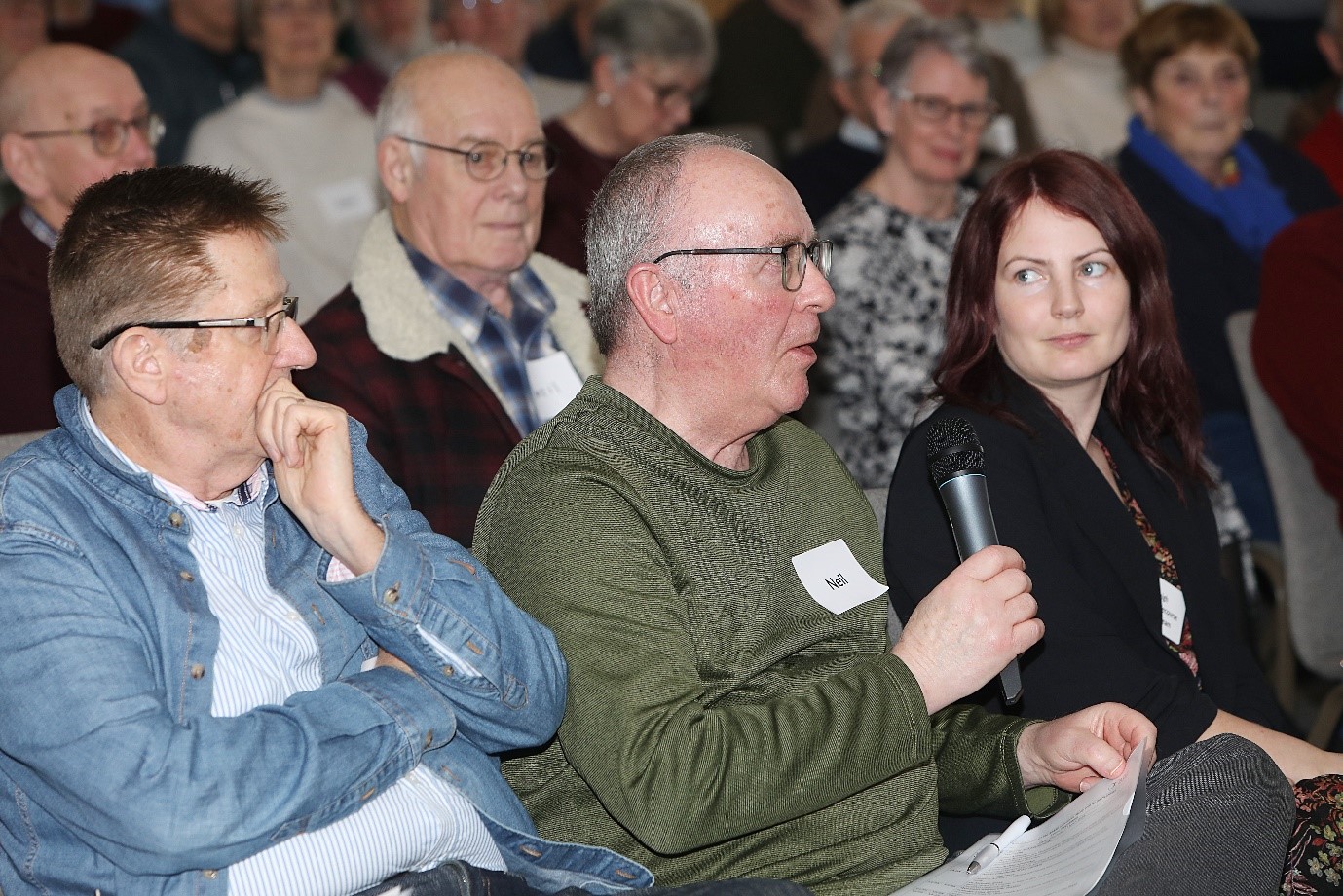
During the refreshment break over tea and cake, attendees had chance to mingle with the other participants, chat with the study team, view posters about our research, and give us valuable feedback about their experiences of taking part.


As for the study team, this event reminded us just how lucky we are to work with such an engaged, willing, and friendly group of participants. Thank you all!
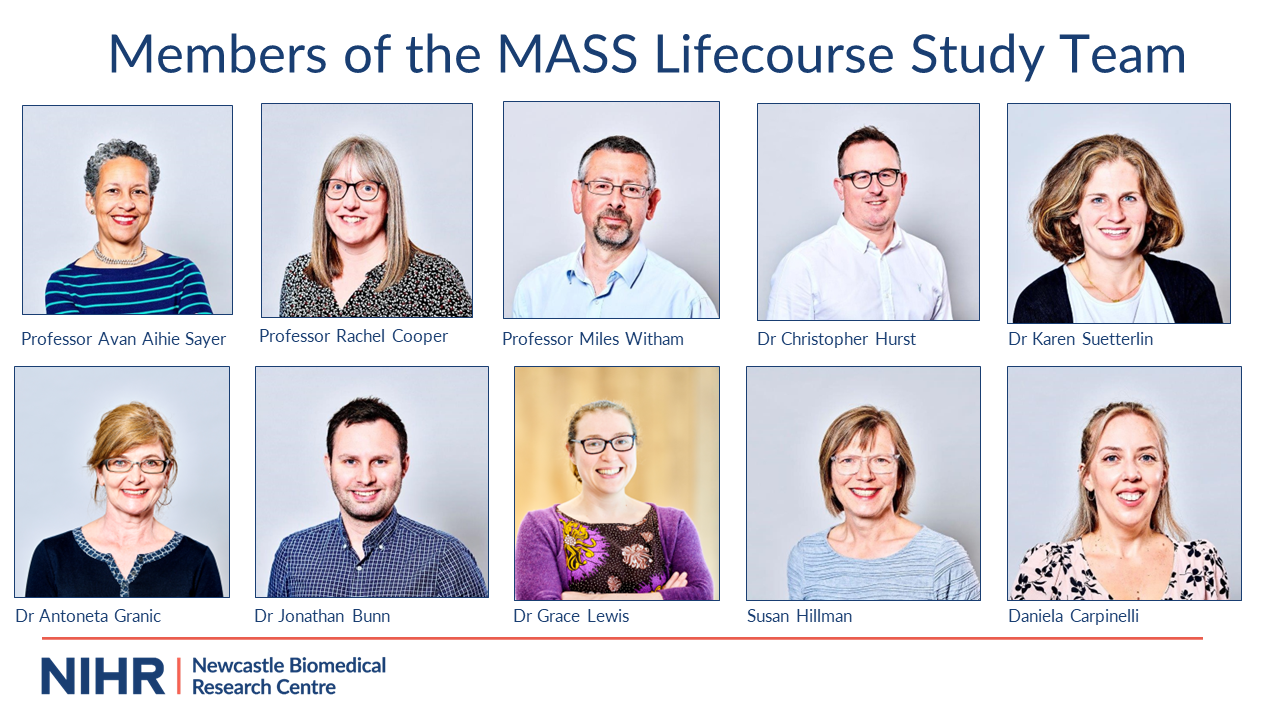
About the MASS_Lifecourse Study
Although sarcopenia (loss of skeletal muscle mass and strength) is more common among older people, and is often seen as an age-related condition, it is also found in younger adults particularly those with long-term conditions and is known to be influenced by risk factors throughout the life. Understanding the early causes of loss of muscle mass and function is therefore key to developing new approaches to prevention, diagnosis, and treatment of sarcopenia.
Funded by the NIHR Newcastle Biomedical Research Centre and designed in partnership with patients and members of the public, the MASS_Lifecourse study aims to do just this, by characterising health and lifestyle in detail and measuring body composition and physical function. The insights gained from this work will help to define the ideal timing and design of future interventions to prevent and treat sarcopenia.
Last modified: Wed, 26 Mar 2025 11:05:34 GMT

